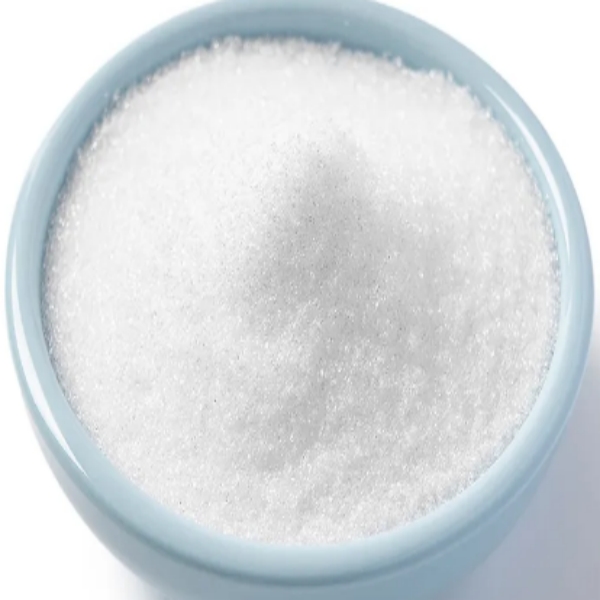What is Nisin?
Nisin is a natural antimicrobial peptide that has received much attention in the food industry for its ability to inhibit the growth of certain bacteria, especially those that cause food spoilage and foodborne illness. As a member of the lantibiotic family, nisin is produced by fermentation of a specific strain of Lactococcus lactis. Its unique properties make it a valuable preservative, especially for food safety and shelf life extension. In this article, we will explore various aspects of nisin, including its production, applications, and the role of nisin suppliers and manufacturers, especially in China.
Production of Nisin
Nisin powder is produced through a fermentation process that involves growing *Lactococcus lactis* in a controlled environment. The bacteria produces nisin as a defense mechanism against competing microorganisms. Once the fermentation process is complete, nisin is extracted and purified for use in a variety of applications.
China has emerged as a key player in the global lactobacillus market, with numerous manufacturers specializing in the production of this antimicrobial agent. These factories supply lactobacillus to various industries, including food processing, pharmaceuticals, and cosmetics. The hot sales of lactobacillus in China reflect the growing demand for natural preservatives that can improve food safety without compromising quality.
Application of Nisin
Nisin is primarily used as a food preservative because it is effective against a wide range of Gram-positive bacteria, including *Listeria monocytogenes*, *Staphylococcus aureus*, and *Clostridium botulinum*. Nisin’s ability to inhibit these pathogens makes it particularly valuable in the production of dairy products, canned foods, and processed meats.
1. Dairy: Nisin is commonly used in cheese production to prevent spoilage and extend shelf life. It helps maintain the quality of cheese by inhibiting the growth of spoilage bacteria and pathogens.
2. Canned Foods: Using nisin in canned foods helps ensure the product remains safe to eat for a longer period of time. Nisin is especially effective with low-acid foods where botulism risk exists.
3. Processed meat: Lactobacilli are often added to processed meat to prevent the growth of harmful bacteria, thereby improving food safety and extending the shelf life of the product.
4. Pharmaceuticals and Cosmetics: In addition to food applications, nisin is also used as a preservative in pharmaceuticals and cosmetics. Its antimicrobial properties help prevent contamination and ensure product safety.
Role of Nisin Powder Supplier
Nisin powder suppliers play a vital role in the distribution of this antimicrobial agent. They ensure that manufacturers have access to high-quality lactobacillus that meets regulatory requirements. In China, there are many lactobacillus manufacturers and the market is highly competitive, so companies can find suppliers that offer the best price and quality.
Fipharm Food is a joint-ventured company of Hainan Huayan Collagen and Fipharm Group, collagen and food additives are our main and hot sale products.
The future of nisin in the food industry
The demand for lactobacilli is expected to grow as consumer awareness grows regarding the importance of food safety and natural preservatives. The trend toward clean label products emphasizes transparency and the use of natural ingredients, which aligns well with the profile of lactobacilli.
Additionally, ongoing research into the applications of nisin continues to reveal new uses for it across a variety of industries. For example, studies are exploring the potential of combining nisin with other natural preservatives to enhance its effectiveness and broaden its spectrum of activity.
In summary, nisin is a potent antimicrobial agent with a wide range of applications in the food industry and beyond. The production of nisin, especially in China, makes it easily available to manufacturers seeking effective natural preservation solutions. As the nisin market continues to expand, companies must carefully select suppliers to ensure they receive a high-quality product that meets their needs. With its proven efficacy and growing popularity, nisin is expected to play an important role in food safety and preservation in the future.
Post time: Dec-26-2024





